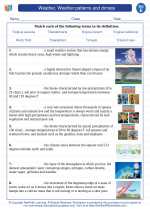Weather, Weather patterns and climate -> internal medicine
Internal Medicine
Internal medicine is a medical specialty that focuses on the diagnosis, treatment, and prevention of adult diseases. Physicians who specialize in internal medicine are called internists or internal medicine doctors. They are trained to provide comprehensive care for a wide range of medical conditions and are often referred to as "doctors for adults."
Study Guide for Internal Medicine
Here are some key topics to study when learning about internal medicine:
- Medical History and Physical Examination: Understanding the importance of taking a detailed medical history and performing a thorough physical examination to assess a patient's health.
- Diagnostic Skills: Learning how to interpret various diagnostic tests such as blood tests, imaging studies, and other procedures to diagnose medical conditions.
- Common Diseases: Studying the common diseases and conditions that internists encounter, such as hypertension, diabetes, heart disease, and respiratory disorders.
- Treatment Approaches: Exploring the different treatment options for managing medical conditions, including medications, lifestyle modifications, and preventive care.
- Specialized Areas: Understanding how internal medicine encompasses various specialized areas such as cardiology, gastroenterology, endocrinology, and infectious diseases.
- Patient Care: Learning about the holistic approach to patient care, including communication skills, empathy, and the ethical considerations of medical practice.
Studying internal medicine involves a deep understanding of the human body, diseases, and the art of patient care. It requires critical thinking, problem-solving skills, and a dedication to continuous learning in the ever-evolving field of medicine.
As you delve into the world of internal medicine, remember to stay curious, ask questions, and seek out opportunities for hands-on experience and clinical exposure to enhance your learning.
Good luck with your studies!
[Internal Medicine] Related Worksheets and Study Guides:
.◂Science Worksheets and Study Guides Fifth Grade. Weather, Weather patterns and climate
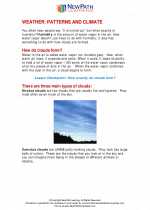
 Worksheet/Answer key
Worksheet/Answer key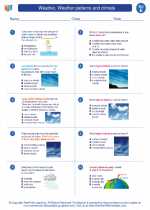
 Worksheet/Answer key
Worksheet/Answer key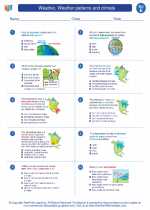
 Worksheet/Answer key
Worksheet/Answer key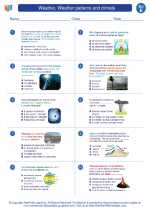
 Vocabulary/Answer key
Vocabulary/Answer key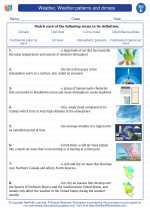
 Vocabulary/Answer key
Vocabulary/Answer key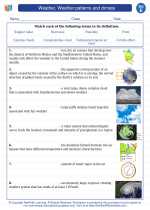
 Vocabulary/Answer key
Vocabulary/Answer key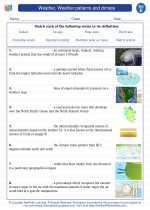
 Vocabulary/Answer key
Vocabulary/Answer key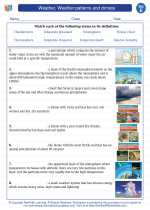
 Vocabulary/Answer key
Vocabulary/Answer key